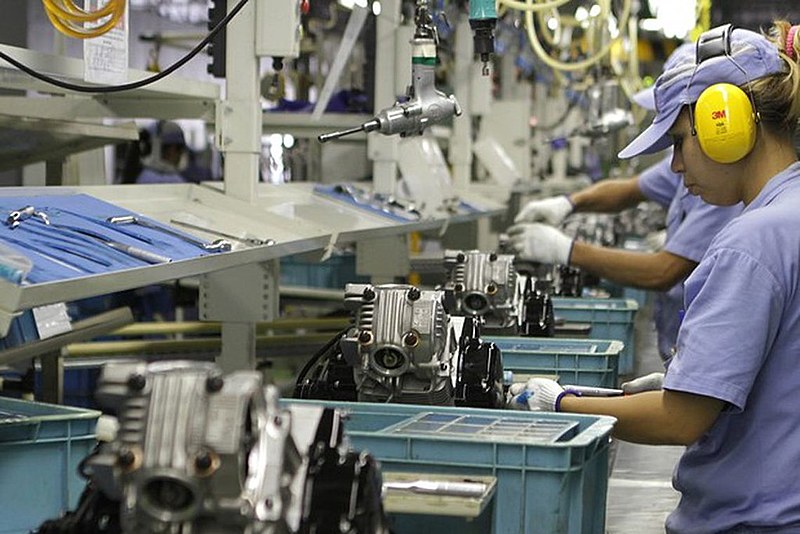RIO DE JANEIRO, BRAZIL – In December, producer prices in Brazil fell for the first time in more than two years but still closed 2021 with a record advance in the historical series that began in 2014, pressured by factors such as foreign exchange, high raw material prices, and the weather.
In December, the Producer Price Index (PPI) fell 0.12% compared to November, when it had risen 1.46%. It was the first negative result after 28 months, according to data from the Brazilian Institute of Geography and Statistics (IBGE).
Despite this, the prices in the industry closed 2021 with an accumulated high of 28.39%, a record rate, after advancing 19.38% in 2020.

“We can list the exchange rate (as a factor for the 2021 result), whose depreciation reached almost 10%; the behavior of the market throughout the year, with considerable increases in the price of iron ore, crude oil, foodstuffs such as sugar and meat,” explained the IBGE manager, Alexandre Brandão.
He also highlighted the impact of the pandemic on the production chains and the weather, explaining that the winter was harsh and caused problems in the sugar and coffee harvests, for example.
Among the 24 activities analyzed, IBGE pointed out that the two most significant drops in December occurred in the extractive industries (-12.77%) and metallurgy (-3.27%).
In the year, the highlights were oil refining and biofuels (69.72%), other chemical products (64.09%), metallurgy (41.79%), and wood (40.76%).
The PPI measures the variation in the prices of products at the “factory gate”, i.e., without taxes and freight, of 24 activities of the extractive and transformation industries.
With information from Reuters

